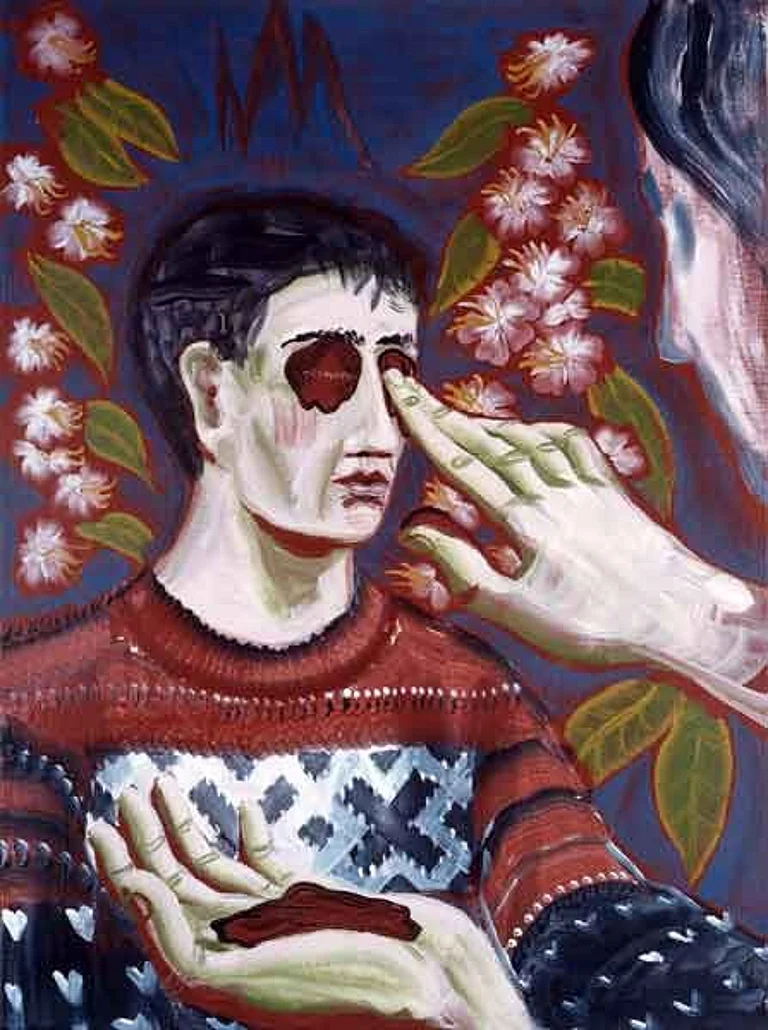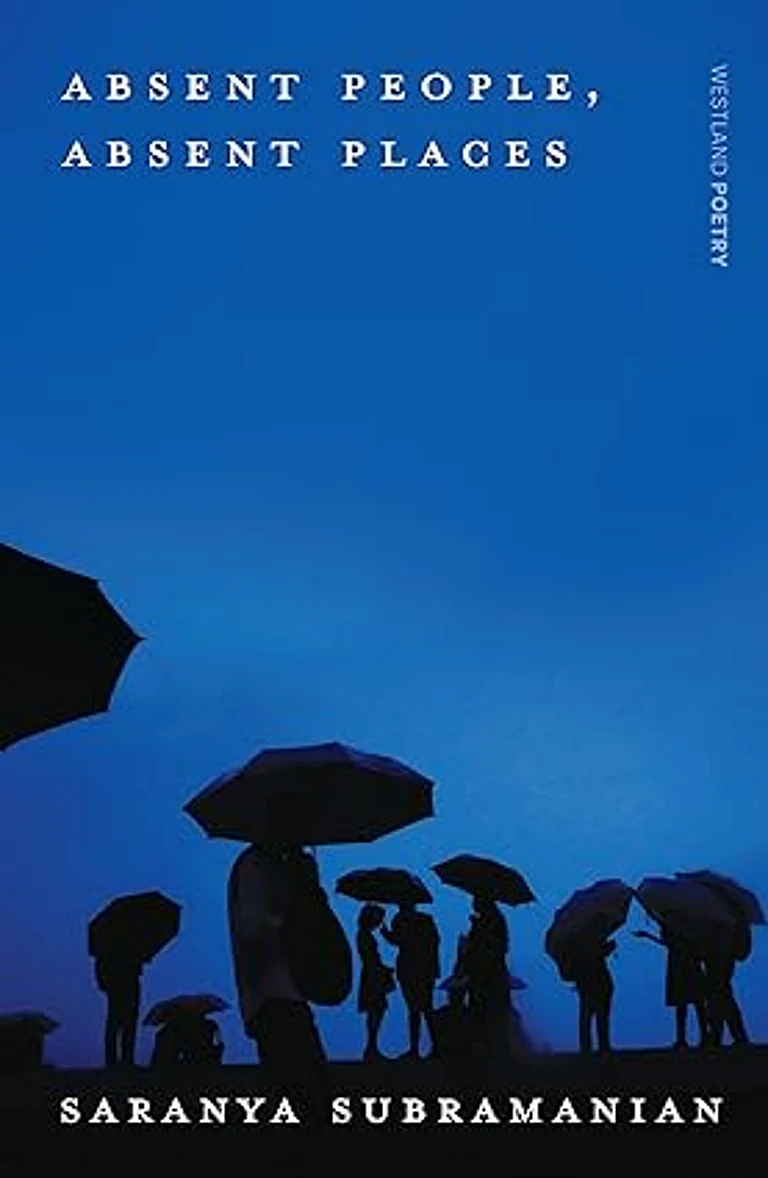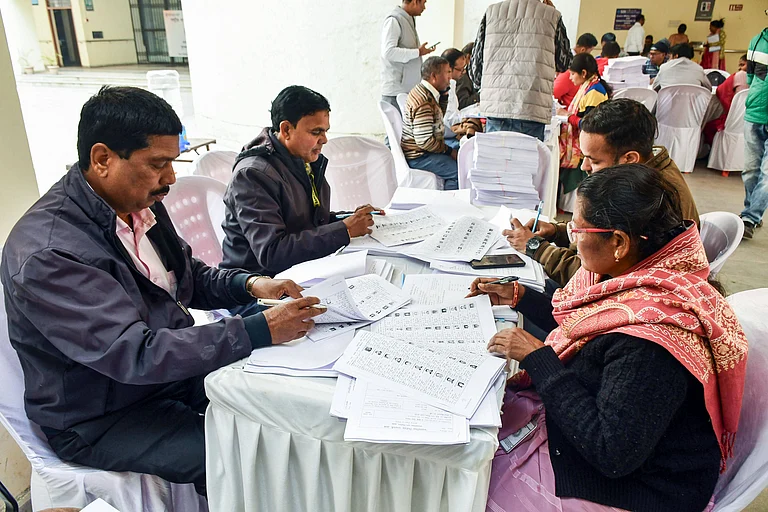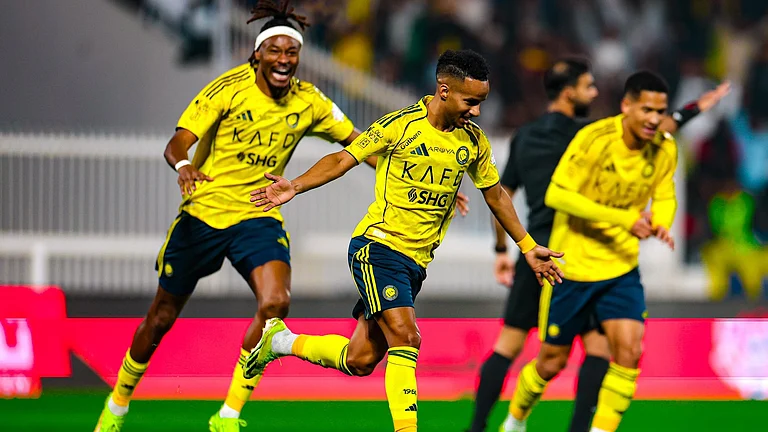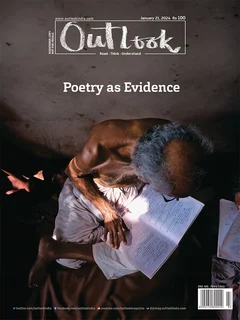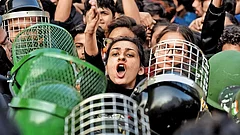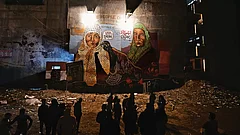An Introduction
I don’t know politics but I know the names
Of those in power, and can repeat them like
Days of week, or names of months, beginning with Nehru.
I am Indian, very brown, born in Malabar,
I speak three languages, write in
Two, dream in one.
Don’t write in English, they said, English is
Not your mother-tongue. Why not leave
Me alone, critics, friends, visiting cousins,
Every one of you? Why not let me speak in
Any language I like? The language I speak,
Becomes mine, its distortions, its queernesses
All mine, mine alone.
It is half English, half Indian, funny perhaps, but it is honest,
It is as human as I am human, don’t
You see? It voices my joys, my longings, my
Hopes, and it is useful to me as cawing
Is to crows or roaring to the lions, it
Is human speech, the speech of the mind that is
Here and not there, a mind that sees and hears and
Is aware. Not the deaf, blind speech
Of trees in storm or of monsoon clouds or of rain or the
Incoherent mutterings of the blazing
Funeral pyre. I was child, and later they
Told me I grew, for I became tall, my limbs
Swelled and one or two places sprouted hair.
When I asked for love, not knowing what else to ask
For, he drew a youth of sixteen into the
Bedroom and closed the door, He did not beat me
But my sad woman-body felt so beaten.
The weight of my breasts and womb crushed me.
I shrank Pitifully.
Then … I wore a shirt and my
Brother’s trousers, cut my hair short and ignored
My womanliness. Dress in sarees, be girl
Be wife, they said. Be embroiderer, be cook,
Be a quarreller with servants. Fit in. Oh,
Belong, cried the categorizers. Don’t sit
On walls or peep in through our lace-draped windows.
Be Amy, or be Kamala. Or, better
Still, be Madhavikutty. It is time to
Choose a name, a role. Don’t play pretending games.
Don’t play at schizophrenia or be a
Nympho. Don’t cry embarrassingly loud when
Jilted in love … I met a man, loved him. Call
Him not by any name, he is every man
Who wants. a woman, just as I am every
Woman who seeks love. In him . . . the hungry haste
Of rivers, in me . . . the oceans’ tireless
Waiting. Who are you, I ask each and everyone,
The answer is, it is I. Anywhere and,
Everywhere, I see the one who calls himself I
In this world, he is tightly packed like the
Sword in its sheath. It is I who drink lonely
Drinks at twelve, midnight, in hotels of strange towns,
It is I who laugh, it is I who make love
And then, feel shame, it is I who lie dying
With a rattle in my throat. I am sinner,
I am saint. I am the beloved and the
Betrayed. I have no joys that are not yours, no
Aches which are not yours. I too call myself I.
Kamala Das, Kerala
(Born in Kerala on March 31, 1934, Kamala Das was an influential Indian poet. Das commenced her literary journey with her poetry collection, Summer in Calcutta, in 1965. Her poetry was deeply personal, exploring desire and the complexities of womanhood. Fearlessly confronting societal taboos, she explored sensuality and relationships with raw honesty.)
Mol (Worth)
He glared at me and said:
You two-pence whore!
I stared back at him sharply
Didn’t utter a word
Just weighed his worth with my gaze
In my eyes
He wasn’t even worth
A single penny.
—Translated from Hindi by Nikhil Pandhi
मोल
उसने मुझे घूरा और कहा:
दो टके की औरत।
मैंने उसे गौर से देखा
कुछ न बोला
बस आँखों से तोला
मेरी नज़र में वो टके
का भी न रहा।
Poonam Tushamad, Delhi
(Poonam Tushamad is a Dalit feminist writer, poet, academic and activist who is the author of several publications, including Madari (2019) and Hindi Dalit Sahitya Mein Jantantrik Mulya: Ek Adhyayan (2022).)







